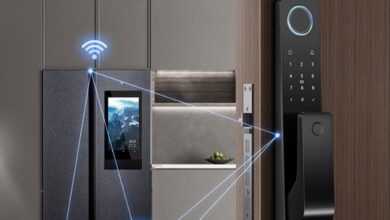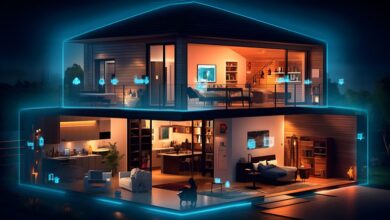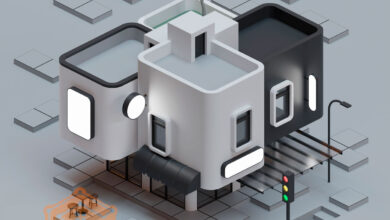How Do Smart Cameras Revolutionize Home and Store Security?
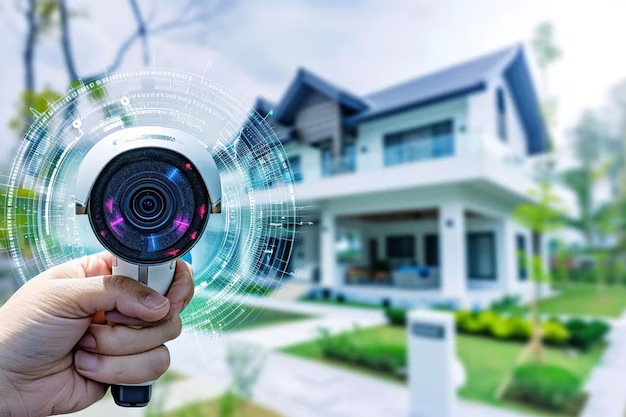
How Do Smart Cameras Revolutionize Home and Store Security? Exploring Examples in Real Estate
In an age of increasing connectivity and automation, smart cameras have emerged as a cornerstone technology for enhancing security and surveillance in both residential homes and commercial establishments. But how exactly do these intelligent cameras transform security measures, and what impact do they have on the real estate industry? In this comprehensive blog post, we’ll delve into the role of smart cameras in homes and stores, highlighting real-world examples and their applications in real estate.
1. Enhanced Surveillance Capabilities
Smart cameras equipped with advanced features such as high-definition video recording, motion detection, and night vision capabilities provide enhanced surveillance capabilities for homes and stores alike. In residential settings, these cameras can monitor entry points, deter burglaries, and provide homeowners with peace of mind knowing that their property is being monitored around the clock. Similarly, in retail stores and commercial properties, smart cameras can help deter theft, monitor customer behavior, and ensure compliance with safety regulations.
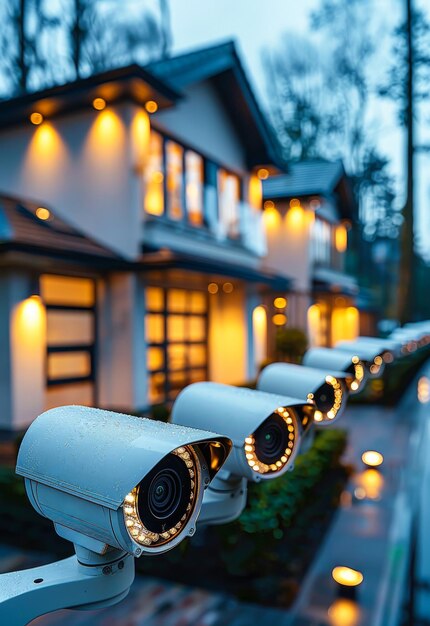
2. Remote Monitoring and Alerts
One of the key benefits of smart cameras is their ability to provide remote monitoring and alerts to homeowners and store managers. With the help of mobile applications and cloud-based platforms, users can access live video feeds from their cameras and receive real-time alerts on their smartphones or tablets. This allows homeowners to monitor their property while they’re away from home and enables store managers to keep an eye on their premises even when they’re off-site, enhancing overall security and situational awareness.
3. Facial Recognition and Access Control
Facial recognition technology is increasingly being integrated into smart camera systems, offering an additional layer of security and access control. In homes, smart cameras with facial recognition capabilities can identify authorized individuals and automatically grant them access to the property, while unauthorized individuals can be flagged and denied entry. Similarly, in retail stores and commercial properties, facial recognition can be used to identify known shoplifters or unauthorized personnel and alert security personnel in real-time.
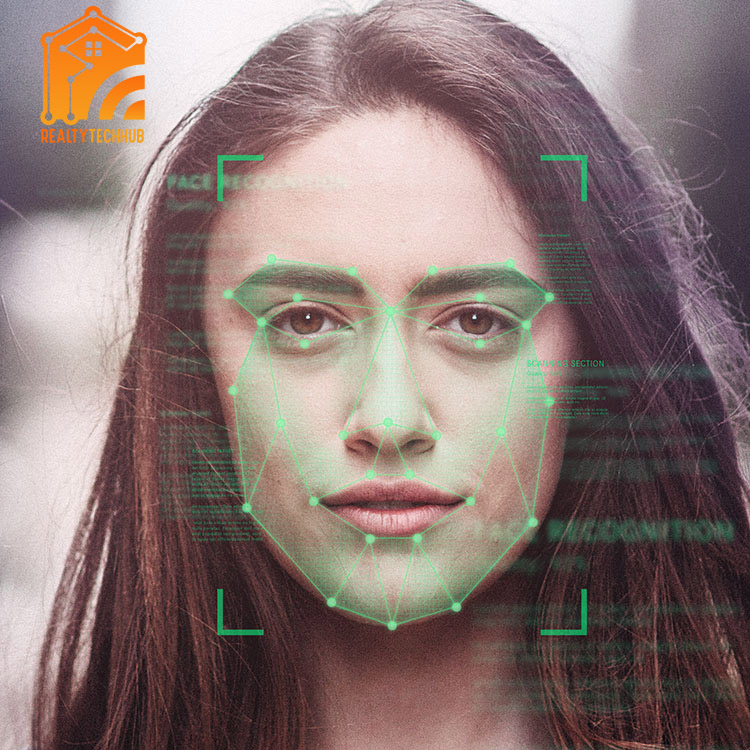
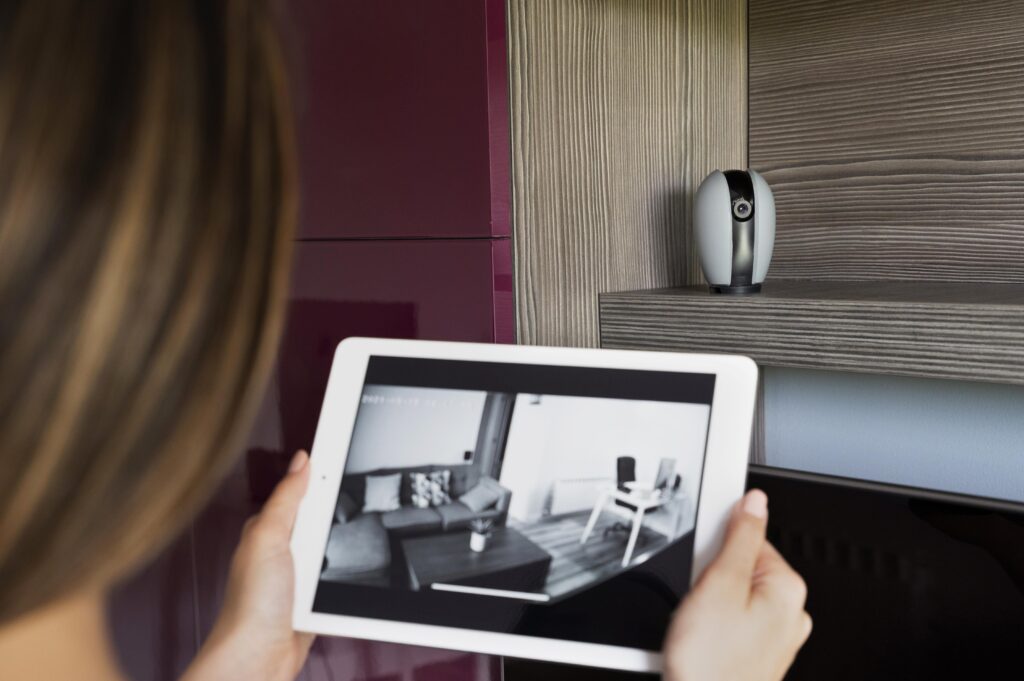
4. Video Analytics and Insights
Advanced smart cameras leverage video analytics algorithms to extract valuable insights from surveillance footage, providing actionable data for homeowners and store owners. For example, in real estate, smart cameras can analyze foot traffic patterns, customer demographics, and popular areas within a property to inform marketing strategies and optimize space utilization. Additionally, video analytics can detect anomalies such as loitering or unauthorized access attempts, enabling proactive security measures to be implemented.
5. Integration with Smart Home Systems
Smart cameras are often part of broader smart home systems, integrating seamlessly with other connected devices such as smart locks, lighting, and thermostats. In real estate, this integration enables homeowners to create customized security routines and automate responses based on specific events captured by the cameras. For example, if a smart camera detects motion at the front door, it can trigger the porch lights to turn on and send a notification to the homeowner’s smartphone, providing a comprehensive security solution.
Examples in Real Estate:
- Property Surveillance: Smart cameras installed at entry points, driveways, and perimeters enhance security and provide peace of mind for homeowners.
- Open House Monitoring: In real estate showings, smart cameras can monitor and record activity to ensure the safety of both agents and potential buyers.
- Vacation Home Security: Smart cameras enable remote monitoring of vacation homes, allowing owners to keep an eye on their property from anywhere in the world.
- Property Management: In rental properties, smart cameras can assist property managers in monitoring tenant behavior, ensuring compliance with lease agreements, and addressing maintenance issues promptly.
- Construction Site Security: Smart cameras provide surveillance and monitoring capabilities at construction sites, helping to prevent theft, vandalism, and unauthorized access.
In conclusion, smart cameras play a vital role in enhancing security and surveillance in both residential homes and commercial establishments. With their advanced features and integration capabilities, these intelligent devices offer peace of mind, actionable insights, and improved situational awareness for homeowners, store owners, and property managers alike, ultimately shaping the future of security in the real estate industry.


